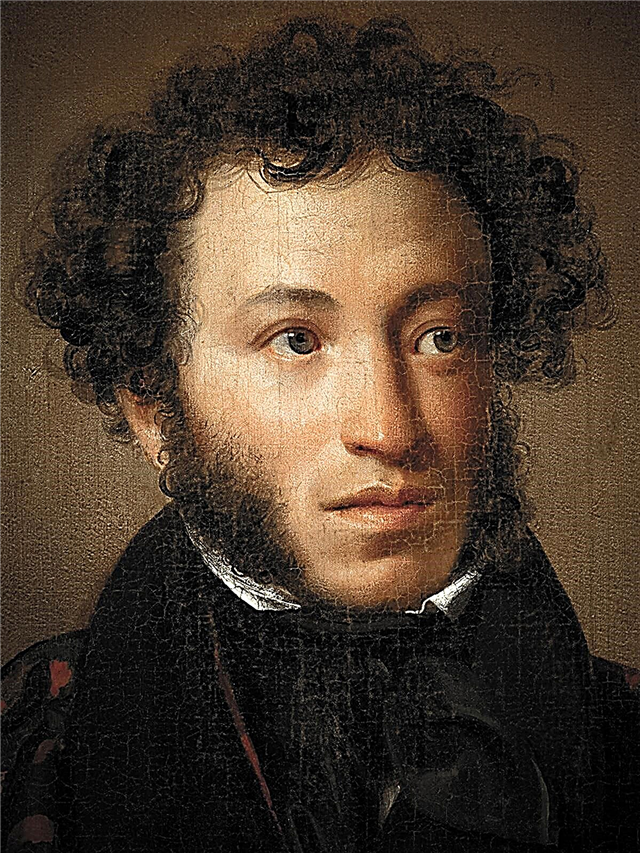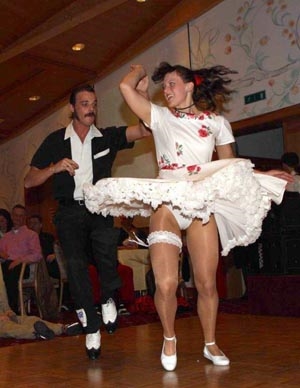The end of the 19th century was a time marked by a period of stagnation in the socio-political life of Russia. In these difficult days for our Fatherland, the famous writer A.P. Chekhov is trying to convey good ideas to thinking people. So, in the story Gooseberry, he asks the reader questions about the meaning of life and true happiness, exposing the conflict between material and spiritual goods.
History of creation
Included in the "little trilogy" is the story of A.P. Chekhov's "Gooseberry" was published by the publishers of "Russian Thought" in 1898. It was created by a writer in the village of Melikhovo, Moscow Region. This story is a continuation of the work “The Man in the Case”, which also tells of a dead human soul with a distorted concept of happiness.
It is believed that Chekhov took the story as the basis of his plot, which the famous lawyer Anatoly Koni told the writer L.N. Tolstoy. This story tells of an official who, like N.I. Chimshe-Himalayan, all his life he put aside his savings in order to fulfill his dreams. The official believed that the ceremonial uniform with gold embroideries would bring him honor and respect, make him happy. That's only during life, the "happy" thing did not come in handy for him. Moreover, a uniform faded from mothballs was put on the poor man only at his own funeral.
Genre and direction
The work "Gooseberry" is written in the genre of the story and relates to such a direction in literary creation as realism. The laconic prose form allows the author to express his thoughts in the most concise way, and as a result, to attract the attention of the reader, to reach his heart.
As you know, the story differs from other genres in the presence of only one storyline, the presence of one or two main characters, a small number of minor characters and a small amount. We observe all these signs in Gooseberry.
About what?
Veterinarian Ivan Ivanovich Chimsha-Himalayan and teacher of the gymnasium Burkin caught in the field with rain. Heroes are waiting for the bad weather in the estate of Alekhine - a friend of Ivan Ivanovich. Then the doctor shares with the prisoners the story of his brother, whose fate was sad.
Brothers from childhood learned one simple truth - you have to pay for pleasure. They came from a poor family, tried to provide for themselves.
The youngest of the brothers, Nikolai Ivanovich, was especially striving for enrichment. The limit of all his dreams was a manor and a garden in which ripe and fragrant gooseberries would grow. For the sake of achieving his goal, the Chimsha-Himalayan even ruined his wife, albeit not on purpose. He was saving on everything, it seemed he didn’t notice anything around, except for advertisements for the sale of “acres of arable land and meadows with a manor”. In the end, he still managed to acquire the coveted plot. On the one hand, the main character is happy, he eats up his gooseberry with pleasure, builds himself a harsh but fair master ... But on the other hand, the current situation of Nikolai Ivanovich does not please his brother, who came to stay. Ivan Ivanovich understands that there are things whose value is much more significant than pleasure is own gooseberry. It is at this moment that the conflict of material and spiritual reaches its climax.
Composition
The plot of "Gooseberry" is based on the principle of "story in story." Non-linear narration helps the author to deepen the meaning of the work.
In addition to the story of the main character of the story, Nikolai Ivanovich Chimshi-Himalayan, there is another reality in which Ivan Ivanovich, Alekhine and Burkin live. The last two give their assessment of what happened to Nikolai Ivanovich. Their ideas about life are the most common way people live. It is important to pay attention to the exposition of the story, which contains a detailed description of nature. The landscape on the estate of Nikolai Ivanovich confirms the spiritual poverty of the newly minted gentleman.
The main characters and their characteristics
- Chimsha-Himalayan Ivan Ivanovich - A representative of the nobility, who serves in the medical field - treats animals. He is also a character in the stories “The Man in the Case” and “About Love”. This hero performs important functions in the story Gooseberry. Firstly, he is a storyteller, and secondly, a hero-reasoner, since from his lips the reader can hear the author’s appeal, his main thoughts. For example, the words of Ivan Ivanovich about the transience of life, the need to act and live here and now.
- Chimsha-Himalayan Nikolay Ivanovich - Representative of the nobility, petty official, and then the landowner. He is two years younger than his brother, "a kind, gentle man." The character sought to return to the village - to lead a quiet life of the landowner. He dreamed about how he would feed the ducks on the pond, walk around the garden, bathe in the rays of the warm sun, pick ripe gooseberries from branches still wet from morning dew. For the sake of a dream, he denied himself everything: he saved, married not out of love. After the death of his wife, he was finally able to buy the property of his dreams: he settled down, became stout and important, talked about his noble birth, and he asked the peasants to turn to themselves “Your Honor”.
Topics
In this work are affected topics of happiness, dreams, search for the meaning of life. All three topics are closely related to each other. The dream of his own estate with gooseberries brought Nikolai Ivanovich to his happiness. He not only enjoyed gooseberries with pleasure, but also talked smartly about public education, sincerely believed that thanks to him, every simple man could become a full member of society. But the happiness of the protagonist is false: it’s just peace, idleness, which leads him to stagnation. The time around him literally stopped: he did not need to trouble himself, try and deny himself anything, because now he is a master. Previously, Nikolai Ivanovich was firmly convinced that happiness must be won, earned. Now, in his opinion, happiness is a gift of God, and only a chosen one like him can live in heaven on earth. That is, his dubious achievement became only fertile ground for selfishness. A man lives only for himself. Having become rich, he became impoverished spiritually.
You can highlight such a topic as indifference and responsiveness. The narrator, arguing on this topic, notes that neither Alekhine nor Burkin fully understood his ideas, showed passivity to a very instructive story about the meaning of life. Ivan Ivanovich Chimsha-Himalayan himself urges everyone to seek happiness throughout their lives, to remember people, and not just about themselves.
And thus, the hero recognizes that the meaning of life is not to satisfy carnal desires, but to more elevated things, for example, helping others.
Problems
- Greed and vanity. The main problem in the story “Gooseberry” is a person’s misconception that true happiness is material wealth. So, Nikolai Ivanovich worked all his life for the sake of money, lived in their name. As a result, his ideas turned out to be erroneous, which is why he ate the sour gooseberry, smiling and saying: “Ah, how delicious!” In his view, only money gives a person significance: being a master, he himself began to exalt himself, as if without a manor
- An equally important issue is selfishness. The main character, like many people on earth, forgot or did not want to remember the misfortunes of others. He followed this rule: I feel good, but the rest do not care.
Meaning
The main idea of A.P. Chekhov is expressed in the phrase of Ivan Ivanovich that one should not rejoice when others feel bad. You can’t turn a blind eye to other people's problems, it is important to remember that trouble can knock on any home. It is important to be able to respond in time to requests for help, so that you will be helped in difficult times. Thus, the author expresses his contempt for constant peace and stagnation in human life. Happiness, according to Chekhov, is a movement, an action, while at the same time aimed at committing good and fair deeds.
The same idea can be traced in all parts of the trilogy.
Criticism
Positive story "Gooseberry" appreciated V.I. Nemirovich-Danchenko:
It’s good, because there is a flavor inherent in you, both in the general tone and background, and in the language, and also because there are very good thoughts ...
But not only critics and literary critics spoke about what they read. Simple people actively wrote letters to Anton Pavlovich. For example, once a writer received a letter from Natalia Dushina, a student at a technical school. Here is her quote:
When I read something of yours, I always feel that I lived with these people, that I want to say the same about them, what you said, and not only I feel it, and this is because you write only the truth and everything said is not what you said - it will be a lie ...
The most detailed description of Chekhov’s creative manner of describing the realities of Russian life was given by B. Eichenbaum in his article in the magazine "Star":
Over the years, Chekhov’s artistic diagnoses were refined and deepened. The illness of Russian life acquired under his pen an ever sharper and brighter outline. <...> Chekhov began to move from diagnoses to treatment issues. With particular force, this came out in the story Gooseberry. <...> Chekhov never composed - he heard these words in his life and was delighted with him, because he himself was this man with a hammer. He knocked on the very heart of Russia - and knocked out.
He spoke especially emotionally about the story. G.P. Berdnikov stating that it’s “embarrassing to be happy” in the reality that Chekhov describes.:
The drama ... unfolds before us in the story Gooseberry. <...> However, under Chekhov's pen, the dream-passion that engulfed the official absorbs him so that in the end it completely deprives the human appearance and likeness.

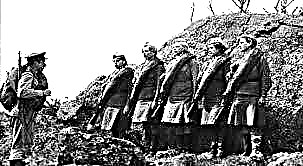
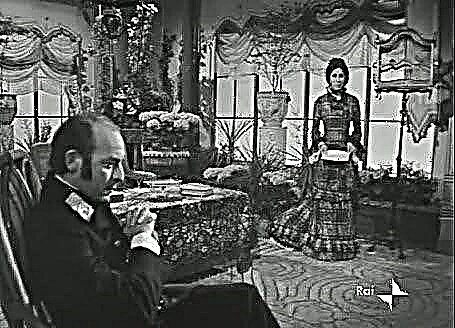

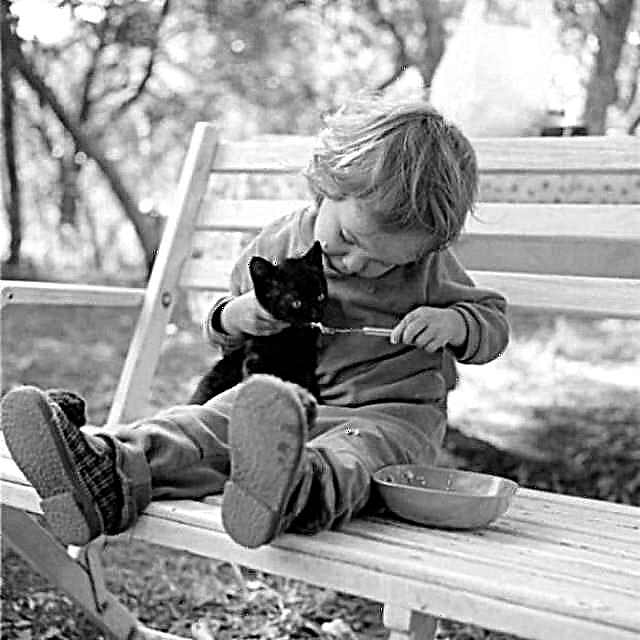
 Pot, do not cook!
Pot, do not cook!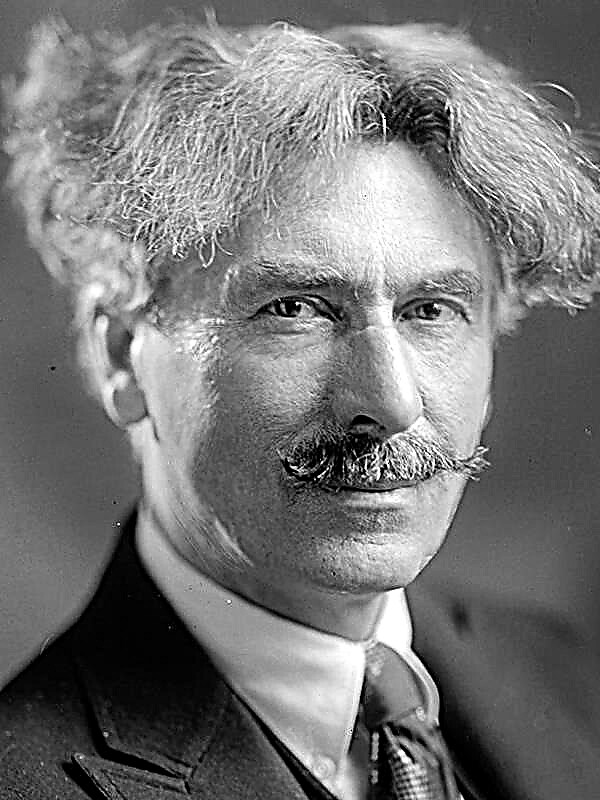
 Glass of water
Glass of water

